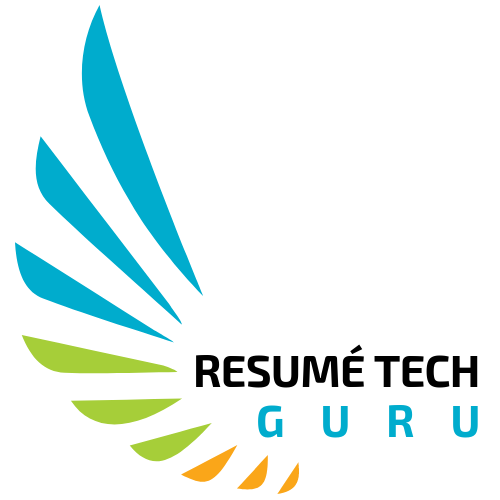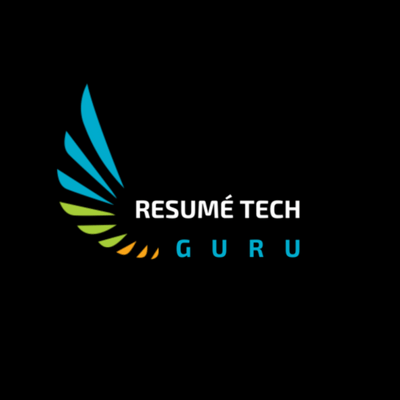Top C-Suite Skills
The 2019 Gartner TalentNeuron™ data reveals that C-suite executives are required to have both technical skills such as advanced-tech knowledge and design thinking “soft” skills. Gartner’s top 10 emerging soft skills covering cognition and social aspects based upon analysis of 400 job postings are as follows:
- Adaptability
- Complaint management
- Customer relations
- Customer satisfaction
- Data governance
- Demand planning
- Design thinking
- Sales leadership
- Sales skills
- Strategic management
Any surprises here? For me, I’m enlightened on what Gartner considers a soft skill. Data governance and demand planning? Hmm.
What Are Your Top Skills?
As previously mentioned, talking about yourself is challenging for most job search candidates. How do you respond to, “So, tell me about yourself?” I bet it depends on your audience and situation. At a neighborhood get together, it’s a simple “I’m an engineering director at Microsoft.” Full stop. While with a recruiter, it might be a deer in the headlight’s moment. “I’m an engineering director with 250 direct reports with responsibility for Azure initiatives related to blah blah blah.” The goods news is the recruiter reached out for more detail for a possible business matchmaking moment. Don’t blow the opportunity.
“Your brand is what other people say about you when you’re not in the room.” — Jeff Bezos, CEO Amazon
You have 30 seconds to make an excellent first impression, but how? In my consulting practice, we start with the basics, your skills. What you bring to the table and how to differentiate yourself from the other top three candidates vying for the same position is personal branding 101.
Discovering Your Skills
While working with clients, I create a skills map for their next career adventure. My intake questionnaire has an exercise to list your top 5 soft skills related to leadership plus the top 5 hard skills for industry expertise. You can do the same by following these steps.
- LinkedIn Profile: Thirteen years ago, upon opening the LinkedIn app, my network connections popped up with an opportunity for me to endorse them for specific skills. I refer to this as the crowdsourcing of your abilities. While some skills appearing on your profile are head-scratchers, this is a good start for cultivating a baseline. Three major categories appear at the bottom of your profile regarding industry knowledge, tools and technology, and interpersonal skills.
- Job Postings: I ask my clients to provide three job listings related to their dream job. From there, I highlight the keywords related to the job description from responsibilities to minimum requirements. Clients were attracted to these positions because they believed they matched their skill set. Sometimes we might be bang on, misunderstand industry terminology or, unfortunately, in denial.
- Brainstorming: During our sessions, I ask clients to describe their dream job and articulate how others would describe them. It’s intriguing the adjectives their significant other and colleagues use. Over breakfast, I did the same activity with my husband. He stated that my top four qualities for being a career consultant for tech execs were attention to detail, broad knowledge of the tech marketplace, subject matter knowledge of job placement strategies, and I’m an enthusiastic cheerleader. Some of these attributes I didn’t think about, but he did. What are you missing out on in your skills inventory that a potential recruiter or hiring manager is seeking? Most technologists describe themselves in terms of, you guessed it, tech expertise such as agile, lean Six Sigma, cloud computing, cybersecurity, and program management. For executives, it’s certainly table stakes to have the tech background, but the leadership qualities are just as important. Are you a cross-functional collaborator, industry thought leader or influencer? These are highly desirable soft skills.
- People You Admire: As a Googler, I search for the best Engineering VP or CTO profiles for my Engineering Directors looking for career promotions. At the height of their game, you can pick up leadership characteristics from their bios, presentations, or interviews related to your next career advancement. I endorse “cloning and owning” their best traits and matching it up with your differentiators. These executives have hit the apex of their careers based upon presentation skills, innovative processes or how they treat employees. Or, how they manage up.
Skills Mapping
Since seeking employment is not a routine occurrence, typically, clients are challenged to limit themselves to the top 10 skills. This is simplified by conducting skills mapping across their three job listings. I create a spreadsheet with the skills sourced from the four sources noted above. Over half the time, what they ranked as crucial during our initial discussions don’t show up on the job posting. Their items aren’t relevant to a hiring company. What to do? We determine how to optimize their resumé, LinkedIn profile, and elevator speech to match the company’s requirements.
Developing your brand is critical to your career advancement. Evaluating and prioritizing your skills will help set the stage for success.
Here’s to landing your dream job, you deserve it!



